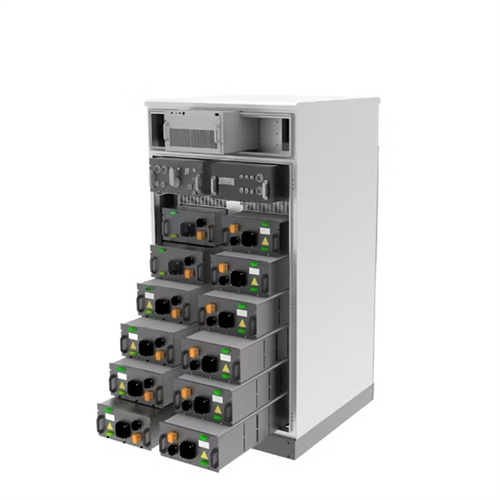About Lithium battery life
Generally, the negative electrode of a conventional lithium-ion cell ismade from . The positive electrode is typically a metalor phosphate. Theis a in an.The negative electrode (which is thewhen the cell is discharging) and the positive electrode (which is thewhen discharging) are prevented from shorting by a separator.The el.
As the photovoltaic (PV) industry continues to evolve, advancements in Lithium battery life have become critical to optimizing the utilization of renewable energy sources. From innovative battery technologies to intelligent energy management systems, these solutions are transforming the way we store and distribute solar-generated electricity.
When you're looking for the latest and most efficient Lithium battery life for your PV project, our website offers a comprehensive selection of cutting-edge products designed to meet your specific requirements. Whether you're a renewable energy developer, utility company, or commercial enterprise looking to reduce your carbon footprint, we have the solutions to help you harness the full potential of solar energy.
By interacting with our online customer service, you'll gain a deep understanding of the various Lithium battery life featured in our extensive catalog, such as high-efficiency storage batteries and intelligent energy management systems, and how they work together to provide a stable and reliable power supply for your PV projects.
6 FAQs about [Lithium battery life]
How long do lithium batteries last?
Let’s consider a side-by-side or boat powered by a lithium battery that’s recharged once a day. This means that the battery should last for more than 3,000 days, which is over eight years. Which is a fantastic lifespan! By doing a few calculations, you can get a better feel for how long lithium batteries can last for you.
How to maximize lithium-ion battery lifetime?
Here are some general guidelines from the U-M researchers to maximize lithium-ion battery lifetime, along with a few specific recommendations from manufacturers: Avoid temperature extremes, both high and low, when using or storing lithium-ion batteries.
Do lithium batteries degrade over time?
Unused lithium batteries can degrade over time, even if they are not being used. Factors that contribute to battery degradation include temperature, humidity, and the number of charging cycles. Lithium batteries typically have a shelf life of 2-3 years, after which their capacity may start to degrade.
Are lithium ion batteries safe?
The problem of lithium-ion battery safety has been recognized even before these batteries were first commercially released in 1991. The two main reasons for lithium-ion battery fires and explosions are related to processes on the negative electrode (cathode). During a normal battery charge lithium ions intercalate into graphite.
What are lithium-ion batteries used for?
Not only are lithium-ion batteries widely used for consumer electronics and electric vehicles, but they also account for over 80% of the more than 190 gigawatt-hours (GWh) of battery energy storage deployed globally through 2023.
What is end of life for a lithium ion battery?
End of life for a lithium-ion battery typically occurs when the battery can no longer perform the function the user requires of it. Commercially, when a battery (pack) has reached 80% of its design capacity it is considered EOL, but for end users, it’s typically looked at as when the device (or battery pack) becomes unusable.
Related Contents
- Beiya lithium battery energy storage battery life
- Lithium ion battery life cycle
- Lithium ion polymer battery life
- Long life lithium battery
- Lithium polymer battery life
- Lithium ion vs lithium polymer battery life
- Extend life of lithium ion battery
- Life cycle assessment of a lithium ion battery vehicle pack
- Lithium battery rc
- Lithium marine battery group 27
- A123 systems lithium battery
- Eureka 21 6 v lithium ion battery


